Disgruntled Chiropractor’s Lawsuit for Defamation Dashed After Court Holds Insurance Investigator’s Statements Were Protected
On January 9, 2014, the California Court of Appeals upheld a lower court’s ruling dismissing a chiropractor’s lawsuit against an insurance investigator for defamation. The Plaintiff, Dr. Anthony Hui (“Hui”), was a San Francisco based chiropractor that filed a defamation lawsuit against an insurance investigator, Beth Starbaum. Hui claimed that Starbaum made false statements, that suggested his medical practice was engaged in fraudulent activities, to both the Department of Insurance and to an employee of a local attorney. The local attorney was a major referral source of clients to Hui’s medical practice.
Hui claimed that Starbaum told several local personal injury attorneys not to send clients to him because he was going to be put out of business for running a fraudulent chiropractic practice. Hui also claimed that personal injury attorneys, upon many of whom he allegedly relied on for referrals, independently learned of the false accusations ascribed to him by Starbaum. Hui claimed that as a result of Starbaum’s defamatory statements he experienced a sudden downturn in business and a drastic increase in new business. Hui claimed that his practice suffered and he was forced to stop making his mortgage payments, to file for bankruptcy and to close his chiropractic practice, as a result.
The appeal court agreed with the lower court and found that the statements made by the insurance investigator qualified for an exception to defamation and were protected. Specifically, the court held that California Civil Code Section 47 provided Starbaum with a conditional privilege against defamation because the statements were made without malice and on a subject of mutual interest. The “common interest privilege” applies when both parties to the communication have a common interest and their communication was to protect or further that interest.
Under California law, the tort of defamation involves a (i) a publication that is (ii) false, (iii) defamatory, and (iv) unprivileged, and that (v) has a natural tendency to injure or case special damages. Defamation consists of two torts: libel and slander. Both involve a false statement. The difference between the two, is how the statement is made. Libel involves a false statement made by writing, print, picture or other fixed medium. To the contrary, slander involves a false statement that is spoken or oral, and includes conversations as well as communications by radio.
The attorneys at the Piccuta Law Group, LLP have experience handling claims for defamation. If you or a loved one were damaged by the unwarranted, unprivileged and false statements of another you may be entitled to compensation. Contact one of our attorneys today for a free consultation.

